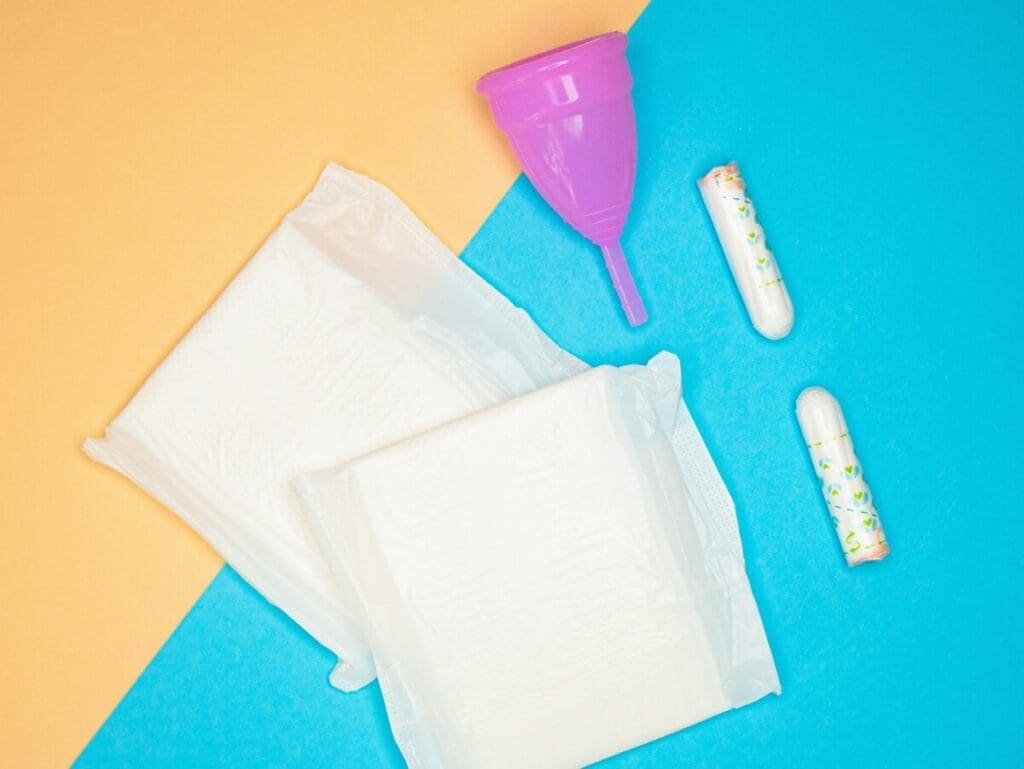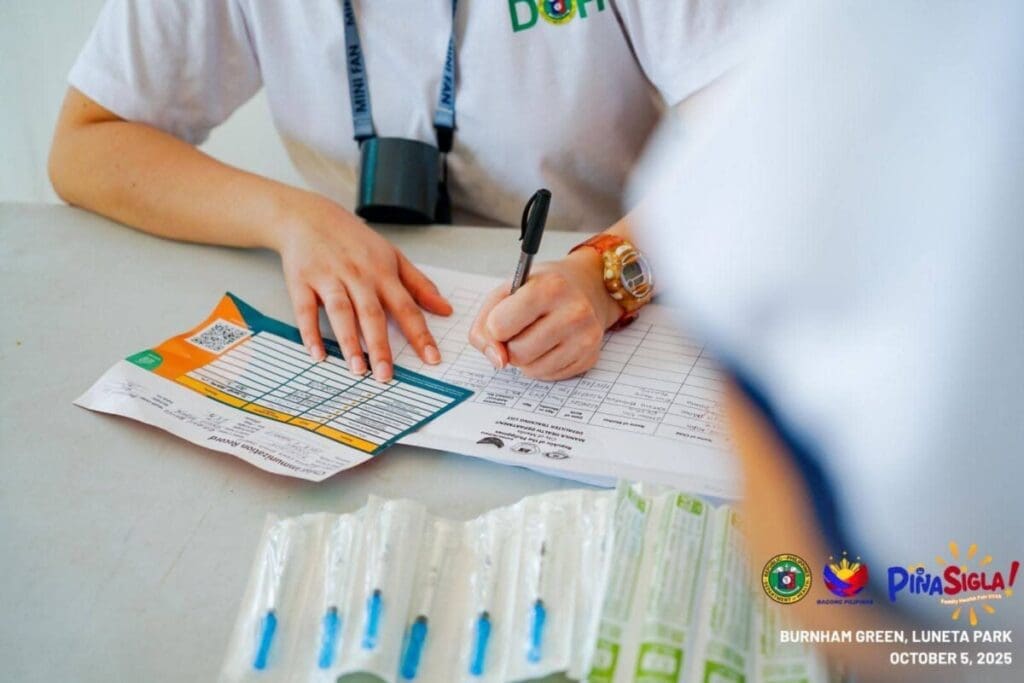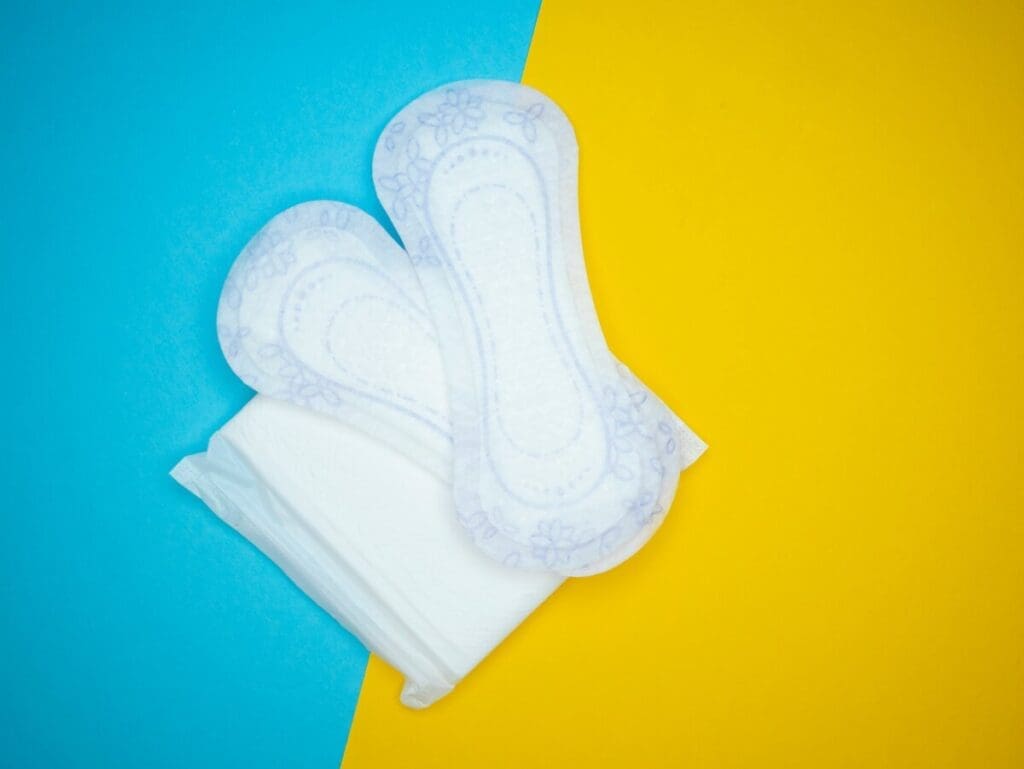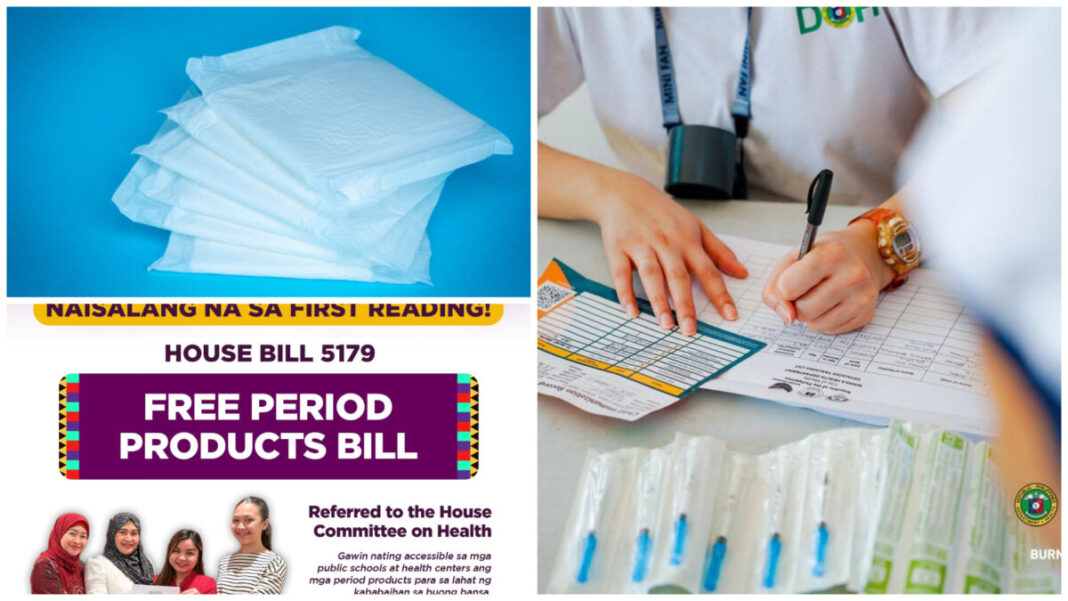
For many Filipinas, a simple pad can mean the difference between showing up and staying home. Change might finally be on the way.
Every month, millions of Filipino girls and women face a silent but persistent challenge, the high cost and inaccessibility of menstrual hygiene products. Many skip school or work during their periods because they cannot afford sanitary pads or tampons.
Seeking to end this form of inequality, the Akbayan Party-list has filed House Bill No. 5179, or the Free Period Products Act, which aims to make menstrual hygiene products free and accessible in public schools, training institutions, and health centers across the country.
The Goal of the Bill

Filed by Akbayan Representatives Dadah Kiram Ismula, Jose Manuel “Chel” Diokno, Percival “Percy” Cendaña, and Dinagat Islands Representative Kaka Bag-ao, the measure mandates government agencies, including the Department of Health (DOH), Department of Education (DepEd), State Universities and Colleges (SUCs), and Local Government Units (LGUs), to implement a coordinated program ensuring that menstrual hygiene products are freely available in public institutions.
Under the proposal, public elementary and secondary schools, learning and skills training institutions, and health centers would distribute menstrual hygiene items such as sanitary napkins, tampons, reusable pads, and menstrual cups. These facilities would also be required to maintain emergency stockpiles to guarantee access during natural disasters, conflicts, or other emergencies.
Promoting Health and Dignity

The Free Period Products Act recognizes menstrual hygiene as a matter of health, dignity, and equality. The bill’s declaration of policy emphasizes that the State “recognizes the role of women in nation-building” and must “protect and promote their empowerment,” while also safeguarding the physical, moral, and social well-being of the youth.
Implementation and Oversight

The DOH will lead the procurement and distribution of products in coordination with DepEd, SUCs, and LGUs. Allocations will be determined by the number of menstruating individuals in each institution to ensure equitable distribution. Beyond product supply, the bill also seeks to promote awareness and inclusivity, guaranteeing access for all menstruating individuals regardless of sexual orientation, gender identity, or sex characteristics.
Support and Challenges

Women’s groups and advocates have welcomed the measure, describing it as a long-overdue step toward combating period poverty, a condition where people struggle to afford menstrual products and hygiene facilities. Supporters believe that the bill could help reduce absenteeism among students and workers, improve health outcomes, and normalize conversations around menstruation.
However, challenges remain. The government would need to ensure a sustainable funding mechanism, efficient logistics, and proper waste management systems. Effective coordination between agencies and LGUs will also be key to successful implementation.
A Step Toward Equality

Menstruation is a natural biological process, yet for too long, it has been a source of inequality. By treating menstrual hygiene as a basic right rather than a privilege, the Free Period Products Bill offers a vision of a society where no girl misses class and no woman risks her health because she cannot afford a pad.
If passed into law, House Bill No. 5179 could mark a historic step toward gender equity, one that reaffirms that dignity and health should never come at a cost.

